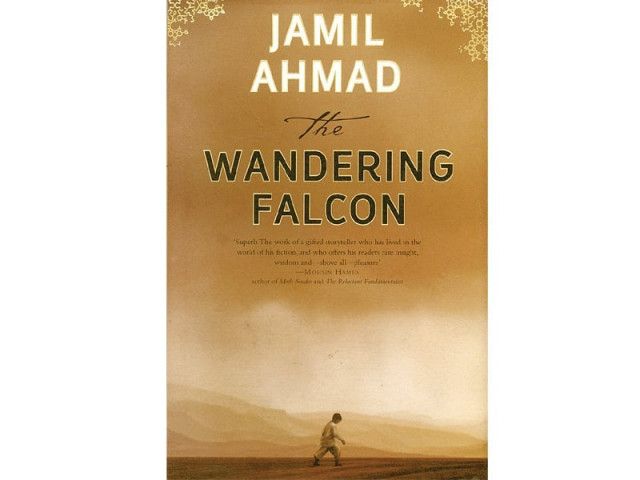The Wandering Falcon: Tribal tales
The economical prose and devotion to facts make it easy to forget that you're reading fiction.

The Wandering Falcon: Tribal tales
So one can be forgiven for thinking, after a cursory glance, that The Wandering Falcon is another one of the numerous books pandering to this market.
Written as interconnected short stories, The Wandering Falcon gives a glimpse into tribal society on the borders of Pakistan, Afghanistan and Iran before Talibanisation. From the Wazirs and Mehsuds, to the Mohmands and Gujjars, Ahmed deftly paints the character of each tribe. Wandering among them is Tor Baz, the protagonist, who belongs to no tribe, and who appears in each story; in some as a mere child, in others as a spy, a guide and a trader. Tor Baz has a devastating back-story and could make a compelling character if only Ahmed had developed him further. As it is, he serves primarily as a linking device for the different stories. When it doesn’t feel too contrived, this method works — as when Tor Baz is abandoned by his foster father and taken in by Mullah Barrerai. Less a central character and more an allegory for the harsh tribal areas, Tor Baz’s credo “I can tell you as little about who I am as I can about who I shall be” is ultimately unenlightening.
The economical prose, the devotion to facts and, even at times, the absence of a plot make it easy to forget that you’re reading fiction, not fact. Much of this material clearly comes from Ahmad’s decades as a civil servant in the frontier regions, and has been altered very little by the author. The first story is by far the best in the collection: “The Sins of the Mother” is a haunting account of eloped lovers who are hunted and, finally, killed by their tribe. This is storytelling stripped to its essence: vital, entertaining, illuminating. In “The Death of Camels”, another standout piece in the collection, the chief of a tribe whose survival is threatened by border authorities comforts his son with a parable “I eat raw onions and I survive... One lives and survives only if one has the ability to swallow and digest bitter and unpalatable things.”
After these two, none of the subsequent stories display the same prowess or have that impact. Still, Ahmad’s understated prose is peppered with amusing tribal maxims: “Conscience is like a poor relation living in a rich man’s house. It has to remain cheerful at all times.” The rigidity of tribal customs begins to make sense given the imperative of survival, the barrenness of the land, and the hardships of the seasons. Ahmad offers neither an expert opinion, nor a glib narrative, but his bare prose communicates a rare insight into tribal society.
Published in The Express Tribune, Sunday Magazine, June 19th, 2011.



















COMMENTS
Comments are moderated and generally will be posted if they are on-topic and not abusive.
For more information, please see our Comments FAQ